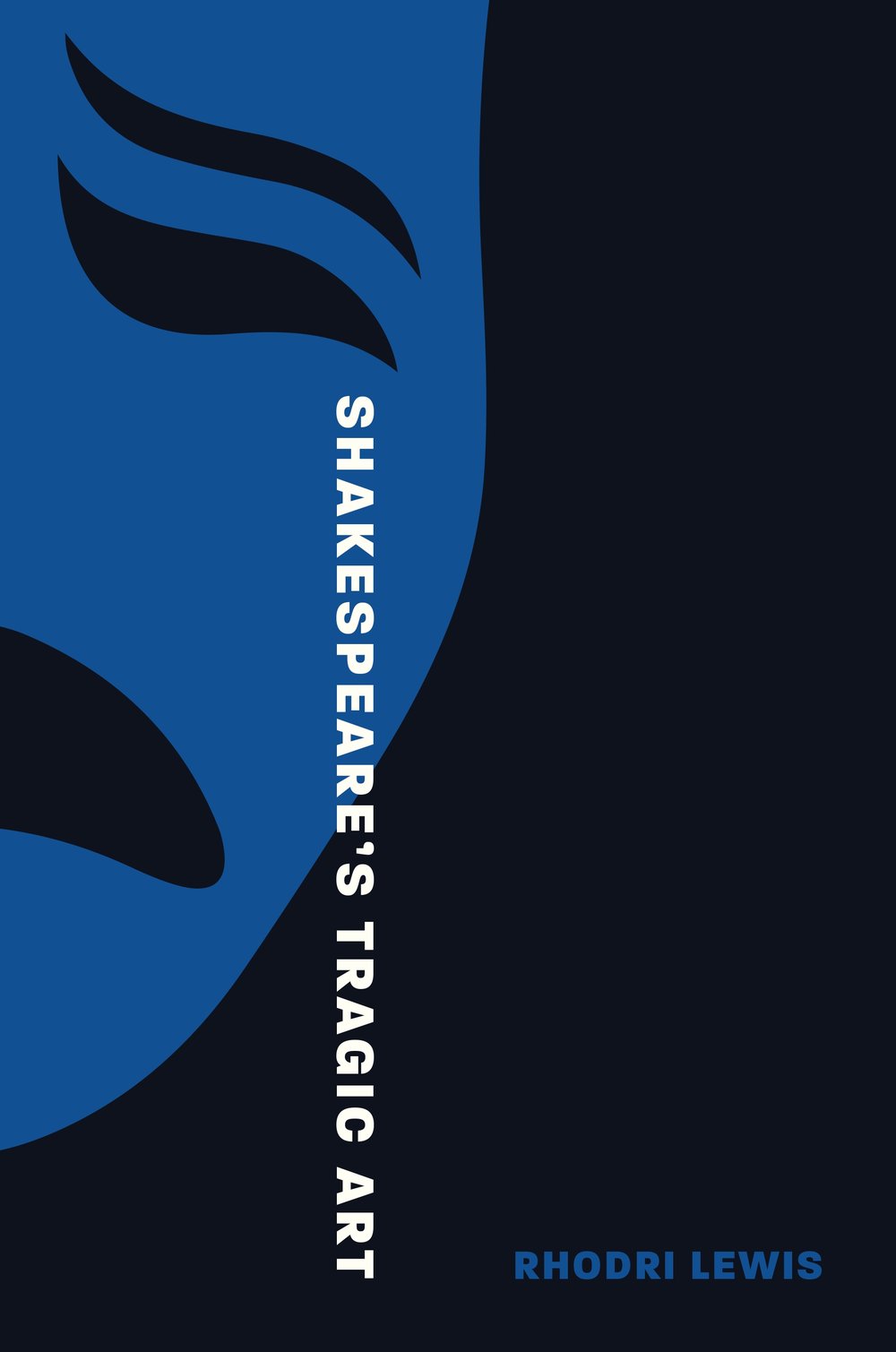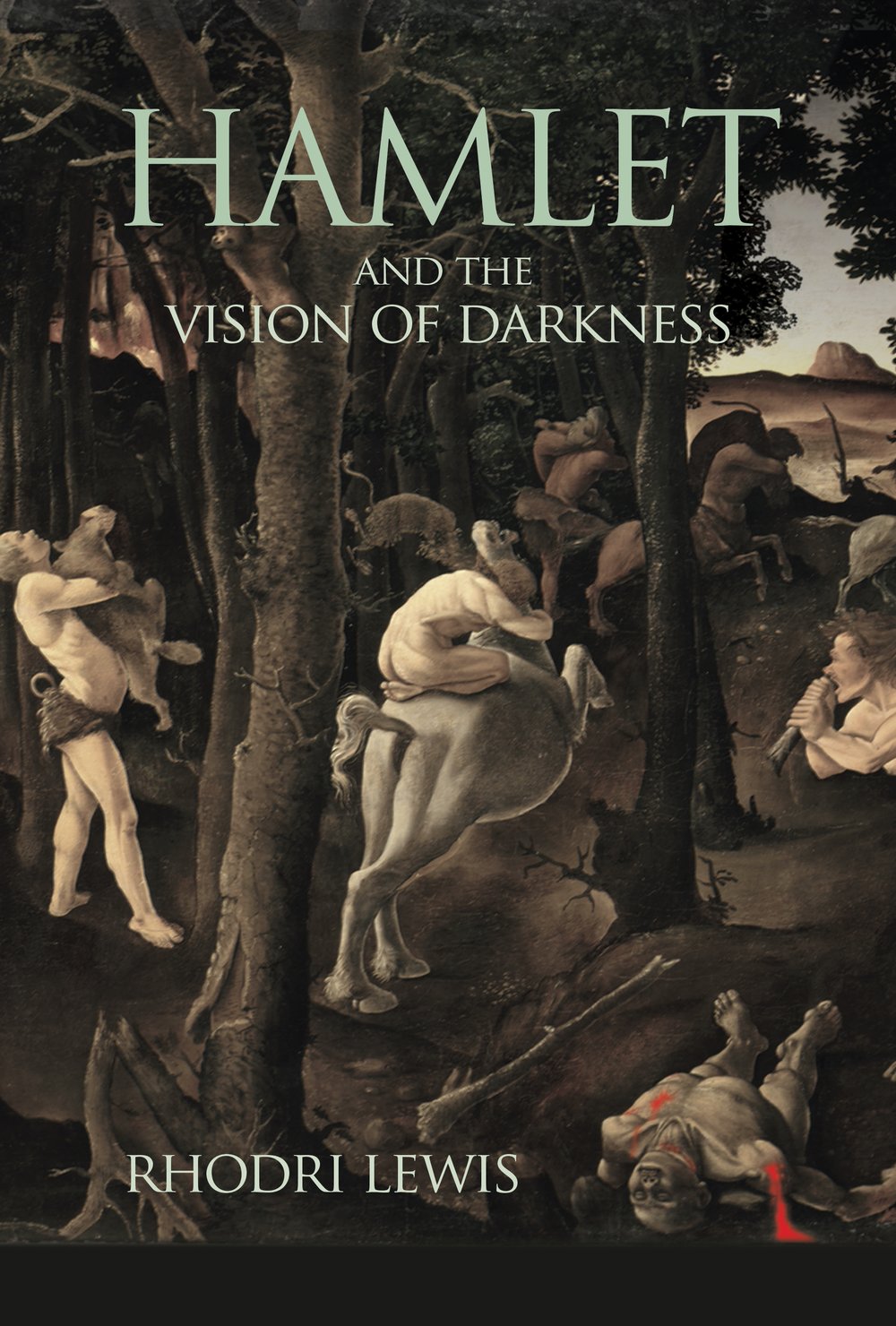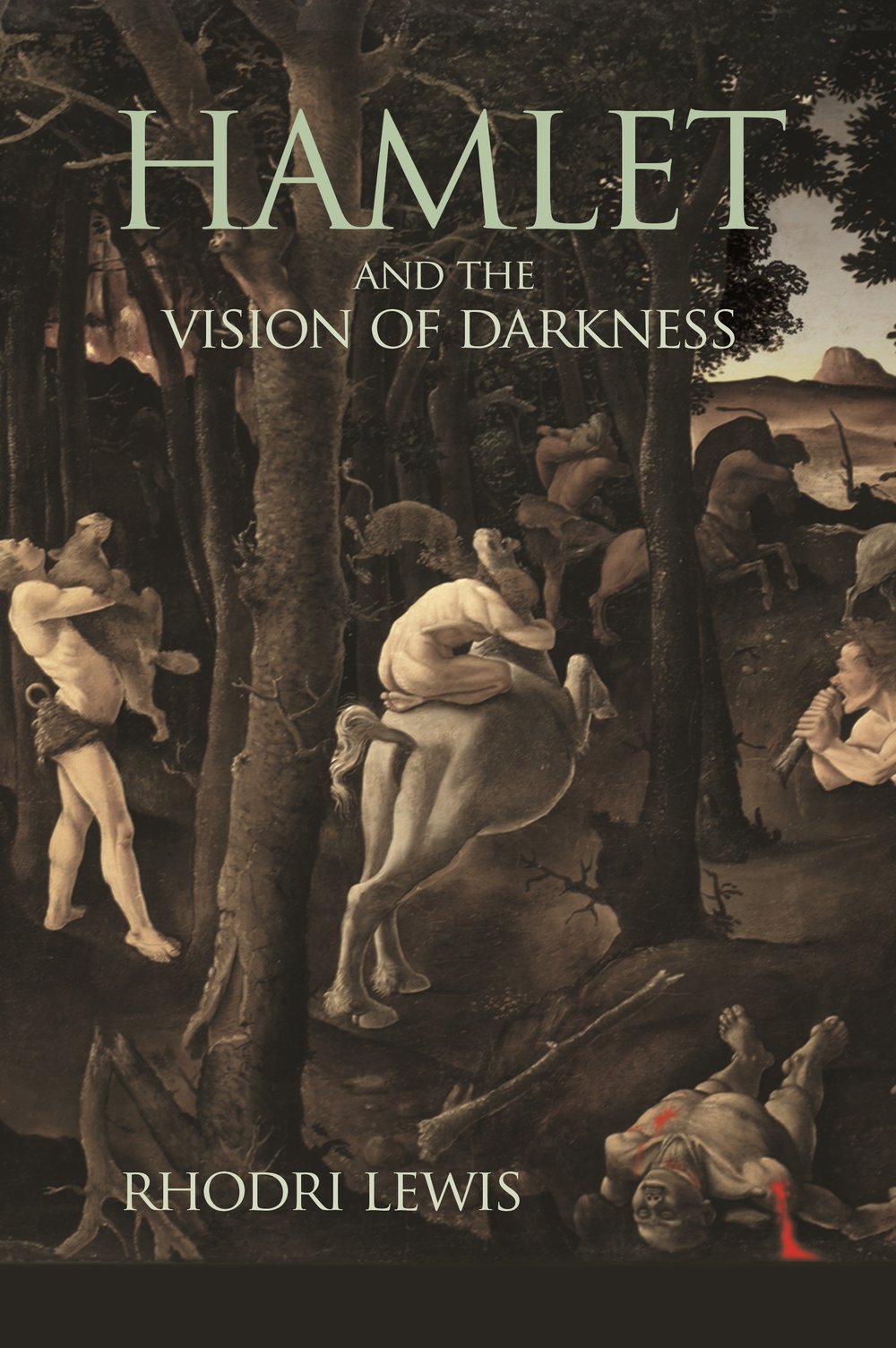Shakespeare’s Tragic Art

In Shakespeare’s Tragic Art, Rhodri Lewis offers a powerfully original reassessment of tragedy as Shakespeare wrote it – of what drew him toward tragic drama, what makes his tragedies distinctive, and why they matter.
After reconstructing tragic theory and practice as Shakespeare and his contemporaries knew them, Lewis considers in detail each of Shakespeare’s tragedies from Titus Andronicus to Coriolanus. He argues that these plays are a series of experiments whose greatness lies in their author’s nerve-straining determination to represent the experience of living in a world that eludes rational analysis. They explore not just our inability to know ourselves as we would like to, but the compensatory and generally unacknowledged fictions to which we bind ourselves in our hunger for meaning – from the political, philosophical, social, and religious to the racial, sexual, personal, and familial. Lewis’s Shakespeare not only creates tragedies that exceed those written before them. Through his art, he also affirms and invigorates the kinds of knowing that are available to intelligent animals like us.
A major reevaluation of Shakespeare’s tragedies, Shakespeare’s Tragic Art is essential reading for anyone interested in Shakespeare, tragedy, or the capacity of literature to help us navigate the perplexities of the human condition.
'Lewis’s unflinching, learned twenty-first-century account of Shakespearean tragedy has a clear eye for the plays’ comfortlessness even as his analyses make them sing. Move aside, A. C. Bradley.' – Emma Smith, Hertford College, University of Oxford
'Rhodri Lewis’s Shakespeare’s Tragic Art is the best book on the tragedies since A. C. Bradley’s Shakespearean Tragedy. Arguably it is better, and certainly more accessible and urgent. Sensible and sensitive, learned and almost compulsively readable, it shows us precisely why and how Shakespeare matters.' – David Scott Kastan, Yale University

Rhodri Lewis teaches English at Princeton University. His previous books include Hamlet and the Vision of Darkness (Princeton) and Language, Mind, and Nature: Artificial Languages in England from Bacon to Locke.


